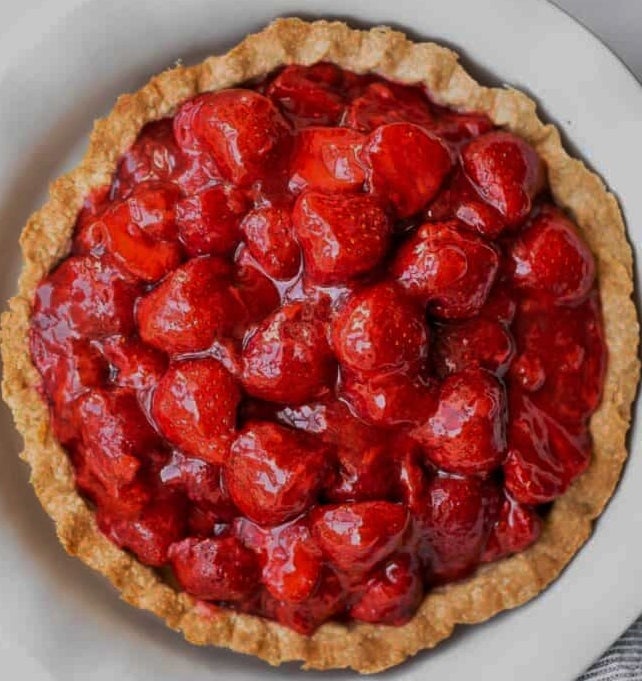Starting a Monarch butterfly way station
Published 7:00 am Friday, December 10, 2021
By: Roxann Gort, MSU Pearl River County Extension Service Master Gardener
When starting a Monarch butterfly garden, there are many points to consider. Those first decisions will have a big impact on your butterfly garden success.
One of the first steps I took was to look up my USDA Plant Hardiness Zone for where I live. I am in Zone 8b, and that lets me know what plants are appropriate to plant in my garden. Next, I constructed a raised bed 14-foot x 48-foot in an area that was part shade and part sun. I tested the soil and amended per the soil test report. You can have your soil tested with the help of your Extension office. I used our Pearl River County Extension office located in Poplarville. For plants with uncommon soil requirements, you can amend the soil in that area specifically for those plants.
I planned what plants to use in a design layout. Think about future expansion when designing your garden. Before planting, I researched what plants to use to create a Monarch Waystation. Gardeners have hundreds of choices of host/nectar plants for butterflies. A few that I chose are Joe Pye weed, butterfly bushes, lantana, verbena, foxglove, pentas, gomphrena, zinnia, Black Eye Susan and Abelia bush. Butterflies also need a source of food. Milkweed is a required host plant for Monarch butterfly caterpillars (females lay their eggs on them). The nectar in the milkweed provides valuable food for butterflies, bees and other pollinators. Monarch caterpillars feed exclusively on the leaves of the milkweed. I completed my garden by adding fennel which will attract the black swallowtail and parsley, which is a great source of nectar if given the chance to flower.
My butterfly garden is registered and certified with Monarch Watch, a non-profit organization that conducts research that promotes the conservation of Monarch butterflies. I wanted to help the Monarchs reproduce and have a habitat for them to survive.
Becoming a Pearl River County Master Gardener has helped me tremendously. I have grown and learned so much. Attending other Monarch Waystations and learning about the life cycle of butterflies is what sparked my interest in planting my butterfly garden. If you are interested in learning more about the Master Gardener program, call 601-403-2280.



